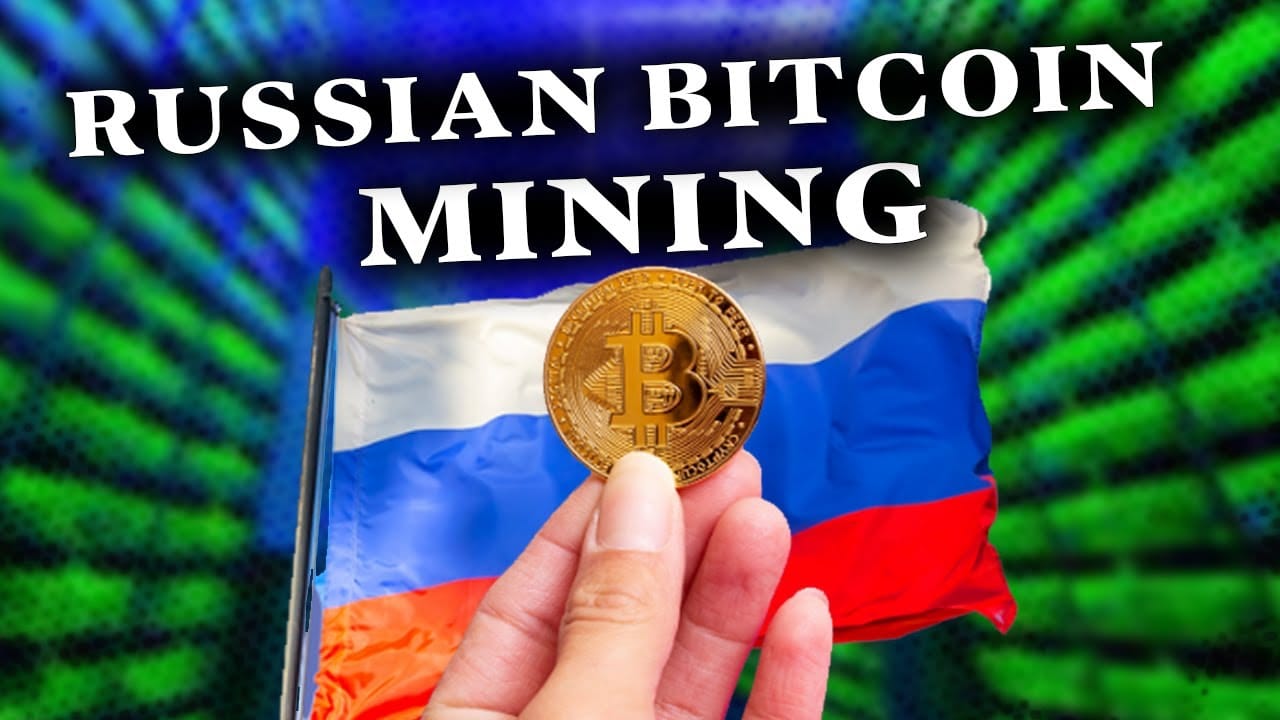Russia's Strategic Move: Mining Bitcoin in BRICS Nations

In an era where digital currency is not just a trend but a geopolitical strategy, Russia has announced its ambitious plan to mine Bitcoin across the BRICS countries. This initiative, revealed by none other than Andrei Lugovoi, a State Duma member, underscores a pivotal shift in how Russia perceives and interacts with cryptocurrency, moving from skepticism to strategic engagement.
The backdrop to this development is Russia's enduring struggle with economic sanctions, which have pushed the nation to explore alternative financial systems, with cryptocurrencies offering a tantalizing escape route from Western financial oversight. Bitcoin, the pioneer of digital currencies, with its decentralized nature, presents an opportunity for Russia not just to bypass these sanctions but to assert a form of digital sovereignty.
The Genesis of the Plan
The concept of mining Bitcoin in BRICS countries — Brazil, Russia, India, China, and South Africa — was initially a whisper in the corridors of power, now echoing through policy discussions. This strategy aims not only at economic benefits but also at fostering a network of technological and financial independence among these nations. The choice of BRICS as the mining hub is strategic; these countries represent significant portions of the global population and economy, yet they have often been sidelined in the narratives dominated by Western economic policies.
Technological Implications and Infrastructure
Mining Bitcoin requires substantial computational power, leading to significant energy consumption. Russia, with its vast natural resources and control over energy, positions itself uniquely to undertake such an endeavor. The plan involves setting up large-scale mining operations in areas where energy costs can be minimized, leveraging everything from Siberian hydroelectric power to potentially underused nuclear facilities.
However, the infrastructure for such an operation isn't just about energy. It involves a complex web of technology, from the latest in ASIC miners to cooling systems and cybersecurity measures to protect against hacks, which are rampant in the crypto world. Russia's move isn't just about mining; it's about creating a robust tech ecosystem that could, over time, rival the tech giants in the West.
Economic and Political Chessboard
Economically, this venture could lead to a diversification of Russia's revenue streams. Traditionally reliant on oil and gas, the integration of cryptocurrency could stabilize Russia's economy against fluctuations in global oil prices. Moreover, by mining Bitcoin, Russia could potentially influence its value on the global market, given the sheer scale of operations envisioned.
Politically, this initiative can be seen as a direct challenge to the dominance of the US dollar and, by extension, American economic sanctions. By fostering a crypto-economy within the BRICS framework, Russia aims to reduce the financial leverage Western nations have traditionally held over it. This could gradually shift the global economic balance, encouraging other nations to consider cryptocurrencies as viable alternatives to traditional currencies.
Challenges and Criticisms
However, this ambitious project does not come without its hurdles. Environmental concerns are paramount, with Bitcoin mining already criticized for its carbon footprint. Russia must navigate these waters carefully, possibly by promoting green energy solutions for mining operations to mitigate backlash from environmental groups and the international community.
Moreover, the legal framework surrounding cryptocurrencies in many BRICS countries remains nebulous or outright prohibitive. Harmonizing these laws to facilitate such a large-scale operation will require not just internal policy reforms but also significant diplomatic efforts to align the interests of all BRICS nations.
Looking Ahead
The success of Russia's Bitcoin mining strategy in BRICS could redefine economic interactions in the 21st century. It's a bold gambit, reflecting a world where digital assets might soon dictate the economic destinies of nations. As Russia embarks on this path, the global community watches keenly, pondering the ramifications of a world where cryptocurrency mining might redefine international relations, economic power, and perhaps even the very essence of money itself.
This move by Russia, while fraught with challenges, signals a fascinating evolution in global economic strategies, potentially setting the stage for a new chapter in the saga of digital currencies and their impact on global geopolitics.

